Top 15 Best Man in the World: The world has seen countless incredible individuals who have had a profound impact and left their unique mark. Through their groundbreaking achievements and contributions, they transformed lives and pushed the Boundaries of human accomplishment. While it is impossible to rank the greatest, here definitively are the 15 World’s Best Man who rose above to change the world in lasting, meaningful ways through their talents, vision, and determination.
world Best Man
The Best man in the world is one who is sympathetic and compassionate, always ready to help and make a positive difference. She is committed to continuous self-improvement and seeks new knowledge and skills to inspire and uplift others. With a foundation built on honesty and integrity, she earns trust and respect through her transparent actions. In the face of challenges, she remains resilient and adaptable, demonstrating leadership and strength to guide others through challenging times.
Top 15 Best Man in the World 2025
1. Albert Einstein | Best Man in the World
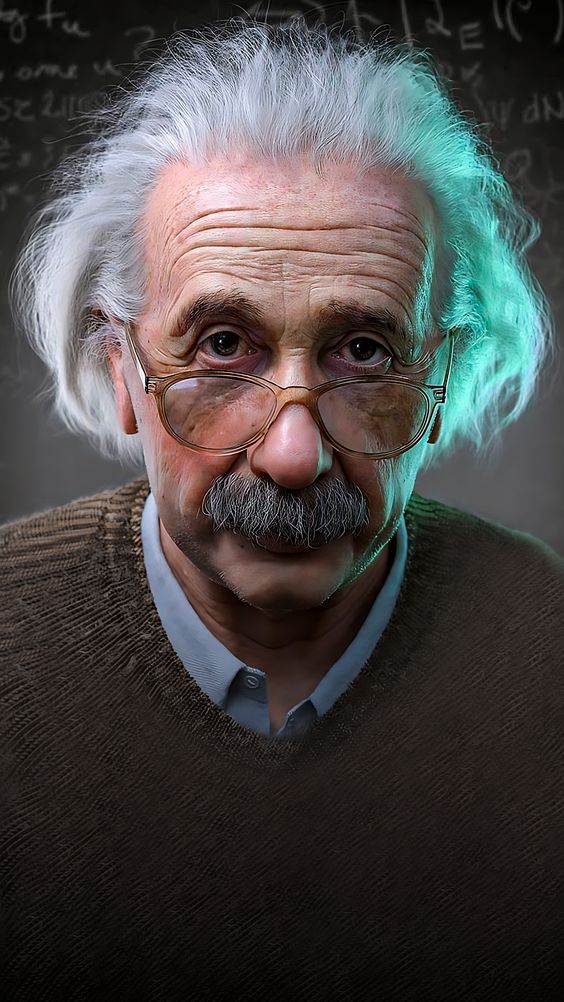
Regarded as one of the smartest and most influential physicists of all time, Albert Einstein completely transformed our understanding of science and the universe with his groundbreaking theories of relativity and E=mc2. Born in Germany in 1879, Einstein received his PhD from the University of Zurich and revolutionized how we think about time, space, matter, and energy. He was awarded the Nobel Prize in Physics in 1921 for his services to theoretical physics and especially for his discovery of the law of the photoelectric effect.
- DOB: March 14, 1879
- Date of death: April 18, 1955
- Fields of work:
- Physics
- Theoretical physics
- The foundation of modern physics
- Relativity
- Photoelectric effect
- Brownian motion
Also Read: Top 15 Most Handsome Man in the World 2024 | Affairs | Age
2. Mahatma Gandhi
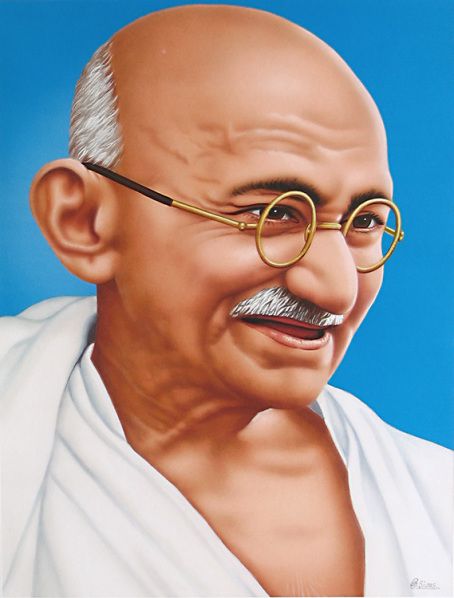
Mahatma Gandhi was the preeminent leader of India’s independence movement. Through his philosophy of nonviolent protest and civil disobedience, he helped rally people of all faiths and backgrounds in India to work towards ending British rule in that subcontinent. Known affectionately as ‘Bapu’ meaning father, Gandhi believed in equality for all and fought against social injustice and oppression through disciplined non-cooperation. Born in 1869 in Gujarat, India, Gandhi practiced law in South Africa before returning to India in 1915 to devote himself entirely to the Indian independence movement.
- DOB: October 2, 1869
- Date of death: January 30, 1948
- Fields of work:
- Civil rights activist
- Indian independence movement
- Non-violent civil disobedience
- Satyagraha
- Ahimsa
Also Read: Top 15 Handsome South Indian Actors with Photos 2024 | Affairs
3. Nelson Mandela
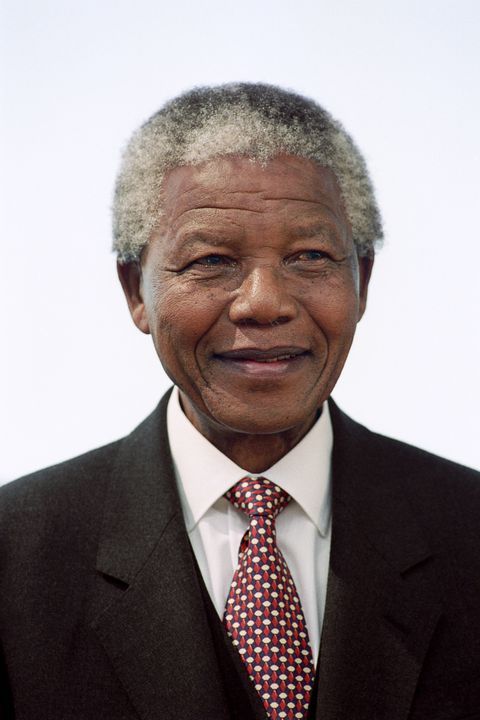
Revered globally as a symbol of reconciliation, forgiveness, and equality, Nelson Mandela overcame racial apartheid and decades of imprisonment to become South Africa’s first democratically elected president. The leader of the African National Congress, Mandela, organized non-violent strikes and protests against the repressive, racist policies of South Africa’s apartheid government during the 1950s.
Imprisoned for 27 years for his political activities, Mandela emerged from prison determined to dismantle the racist system through peaceful means. Elected president in 1994 after apartheid ended, Mandela established the Truth and Reconciliation Commission to investigate past human rights abuses.
- DOB: July 18, 1918
- Date of death: December 5, 2013
- Fields of work:
- Anti-apartheid activist
- Political leader of ANC
- First democratically elected President of South Africa
- Reconciliation and forgiveness
Also Read: Top 15 Richest Actors in India 2024 | Photos & Net worth
4. Martin Luther King Jr.
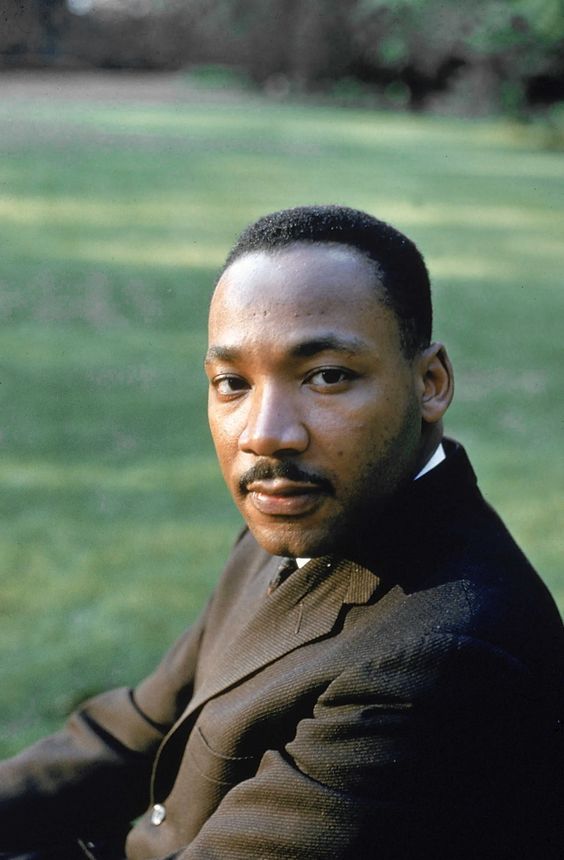
Dr. King fought against racial segregation and discrimination through determined, peaceful civil rights demonstrations and protests across America during the 1950s and 1960s. As an influential Baptist minister, he helped organize historic marches in Washington DC, which resulted in the 1964 Civil Rights Act banning discrimination. King advocated nonviolence and civil disobedience based on his Christian beliefs and thoroughly embraced Mohandas Gandhi’s philosophy of nonviolent resistance. He delivered his iconic “I Have a Dream” speech promoting racial harmony and equality in 1963.
- DOB: January 15, 1929
- Date of death: April 4, 1968
- Fields of work:
- Baptist minister
- Civil rights leader
- Nonviolent activism
- Voting rights
- Economic justice
5. Marie Curie
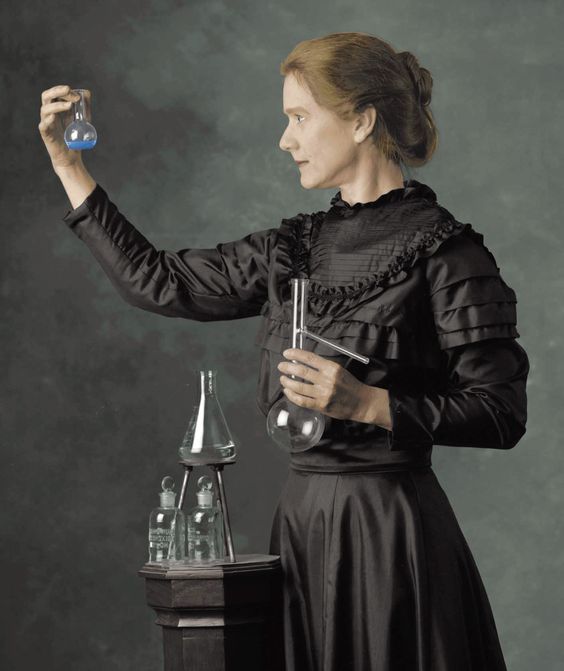
The first woman to be awarded the Nobel Prize, Marie Curie, made groundbreaking discoveries in radioactivity. Along with her husband Pierre, Marie Curie conducted pioneering research on uranium rays and went on to isolate pure radium in 1898.
She was the first female professor at the University of Paris and established the Curie Institutes. As a result of her work, she helped develop mobile radiography vehicles that were important for field medicine during World War 1. Unfortunately, years of radiation exposure left Marie Curie quite ill, and she passed away in 1934 in France from leukemia at 67 years old.
- DOB: November 7, 1867
- Date of death: July 4, 1934
- Fields of work:
- Physicist
- Chemist
- A pioneer in the field of radioactivity
- Isolated radium
6. Leonardo da Vinci
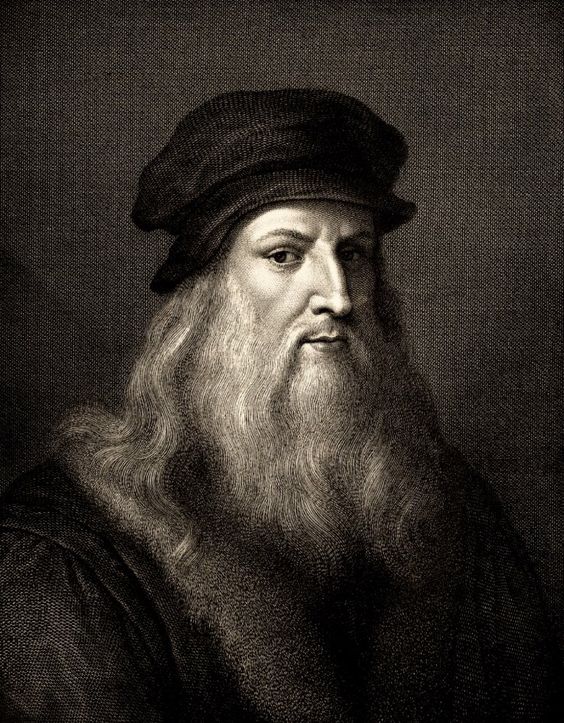
Widely considered one of the most diversely talented individuals of all time, Leonardo da Vinci was a remarkable Renaissance polymath who excelled as a painter, sculptor, architect, musician, scientist, mathematician, engineer, and inventor. Born in 1452 in Florence, Italy, Da Vinci made an indelible impact through masterpieces like the Mona Lisa and The Last Supper.
However, he also pioneered anatomy, astronomy, cartography, and more studies. With over 13,000 pages of notes and detailed sketches, Da Vinci conceptualized ideas centuries ahead of their time related to everything from helicopters and tanks to calculators.
- DOB: April 15, 1452
- Date of death: May 2, 1519
- Fields of work:
- Artist
- Inventor
- Scientist
- Anatomist
- Engineer
- Architect
7. Richard Feynman
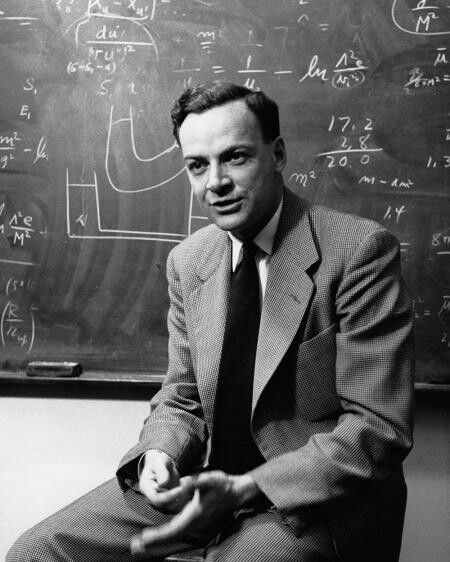
An American theoretical physicist regarded as one of the most iconic scientists of the 20th century, Richard Feynman had an extraordinary ability to tackle complex problems with a fresh and intuitive approach. He made seminal contributions to the development of quantum mechanics and particle physics through his work in quantum electrodynamics, the theory of quantum physics applied to electricity and magnetism at atomic and subatomic scales. Feynman won the Nobel Prize in Physics in 1965 for his leadership in theoretical physics and seminal work in quantum electrodynamics.
- DOB: May 11, 1918
- Date of death: February 15, 1988
- Fields of work:
- Theoretical physicist
- Quantum mechanics
- Quantum electrodynamics
- Particle physics
8. Louis Pasteur
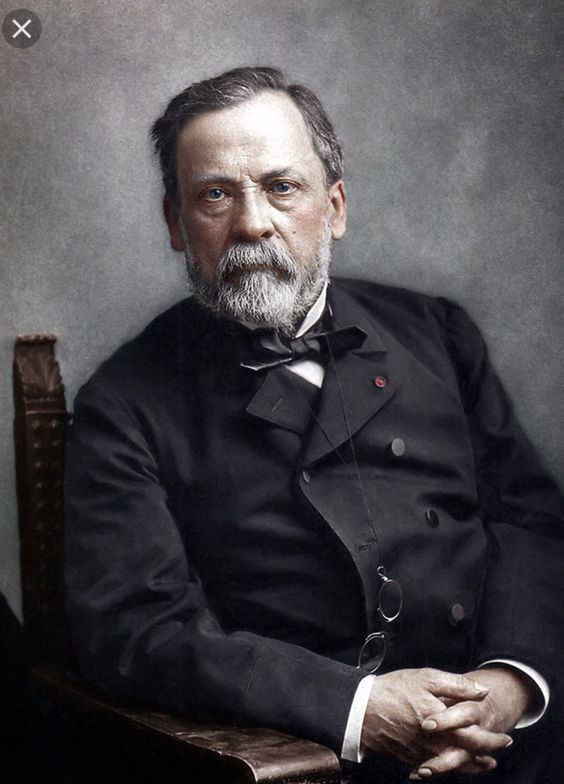
A French biologist, microbiologist, and chemist who lived from 1822-1895, Pasteur made several discoveries that proved germ theory and paved the way for modern preventive medicine. He invented a method of treating milk and wine to stop bacterial contamination, a process now called pasteurization.
Pasteur also developed vaccinations for rabies and anthrax, setting the basis for developing vaccines to help prevent contagious diseases. He proved that some diseases are caused by microorganisms everywhere and conducted experiments isolating pure cultures which aided the development of hygienic practices.
- DOB: December 27, 1822
- Date of death: September 28, 1895
- Fields of work:
- Chemist and microbiologist
- Pioneer of vaccination
- The germ theory of disease
- Pasteurization
9. Nikola Tesla
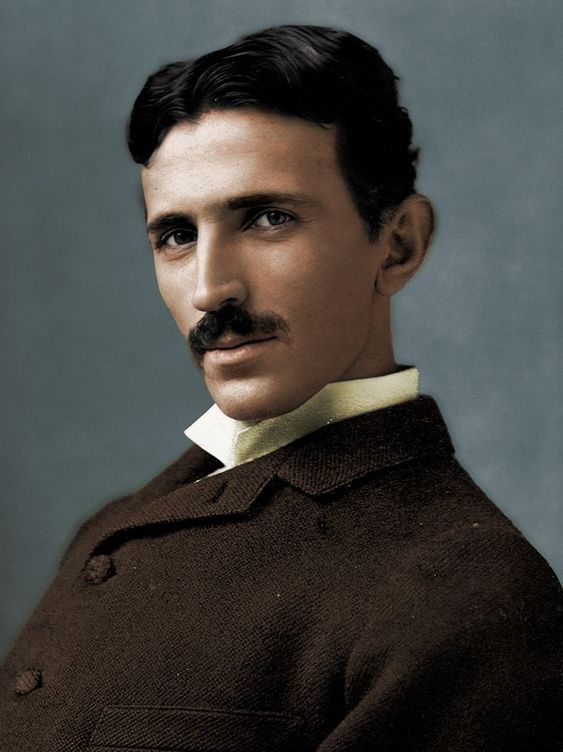
Often called the most inspiring and visionary scientist of all time, Nikola Tesla was a theoretical and experimental engineer who made astonishing contributions in the field of electromagnetism and electric power.
A Serbian-American, Tesla patented the AC induction motor and helped develop AC power distribution systems. He invented the Tesla coil which is still used today in radio technology. However, Tesla also conceptualized wireless power transmission, which became known as Tesla’s Bladeless Turbine.
- DOB: July 10, 1856
- Date of death: January 7, 1943
- Fields of work:
- Inventor
- Electrotherapy pioneer
- Induction motor
- Alternating current
- Wireless communication
10. Rosa Parks
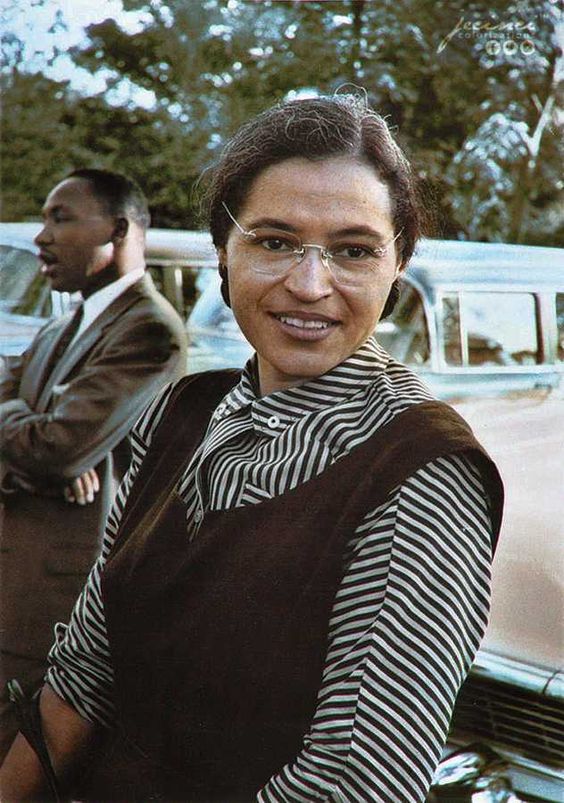
As an African American woman, Rosa Parks played a pivotal role in civil rights history and the fight against racism in the United States. On December 1, 1955, in Montgomery, Alabama, Parks refused to give up her seat to a white passenger on a bus, sparking the Montgomery Bus Boycott.
Her courageous act of defiance helped launch Martin Luther King Jr to prominence as he organized the year-long boycott protesting segregation laws. Parks became an icon of the civil rights movement and her case helped lead to the Supreme Court ruling that segregated public buses were unconstitutional.
- DOB: February 4, 1913
- Date of death: October 24, 2005
- Fields of work:
- Civil rights activist
- Sparked Montgomery bus boycott
11. Isaac Newton
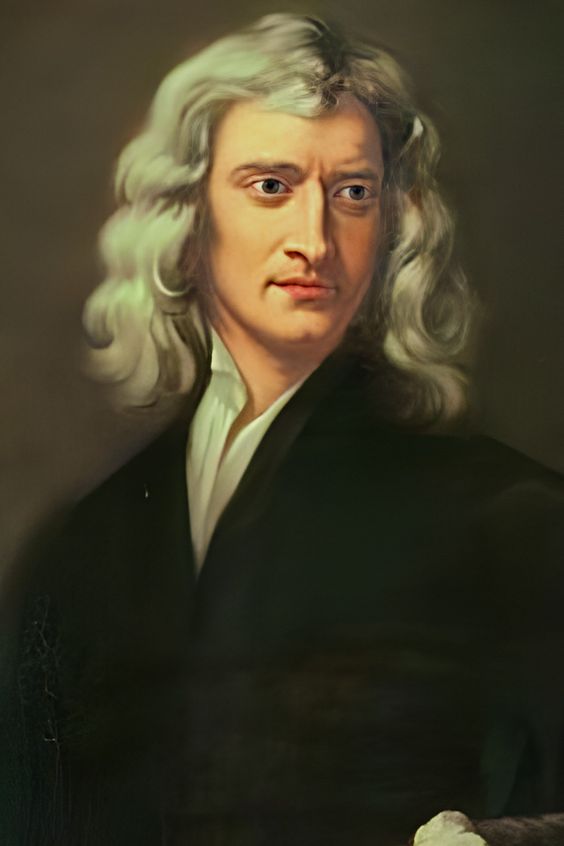
Isaac Newton, a brilliant physicist and mathematician, laid the foundations for classical mechanics with his laws of motion and universal gravitation. He built the first practical reflecting telescope and developed a revolutionary theory of color. Newton formulated laws of cooling and centripetal force and helped develop calculus.
As the inventor of the reflecting telescope, Newton’s discoveries helped reveal the laws of planetary motion and the nature of light and optics. He published his monumental work Philosophiae Naturalis Principia Mathematica in 1687 describing universal gravitation and the three laws of motion, solidifying the dominance of mechanical natural philosophy.
- DOB: January 4, 1643
- Date of death: March 31, 1727
- Fields of work:
- physicist and mathematician
- Laws of Motion
- Universal gravitation
- Reflecting telescope
12. Albert Schweitzer
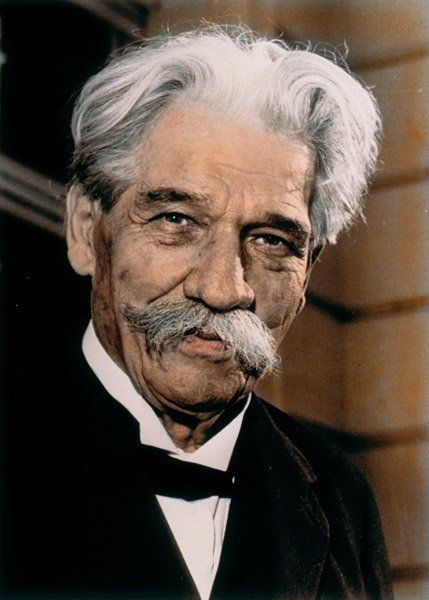
A renowned theologian, Albert Schweitzer was a gifted musician, philosopher and physician who received the 1952 Nobel Peace Prize. He advocated a philosophy of “Reverence for Life” where all living beings deserve our compassion. Born in 1875 in Alsace, France, Schweitzer established a hospital in French Equatorial Africa (now Gabon) in 1913, where he worked as a surgeon well into his seventies. He also wrote widely on ethics and theological thought. Schweitzer believed in directly addressing the world’s problems and putting others first, exemplifying humanitarian spirit through dedicated service – especially in providing healthcare in underprivileged regions of Africa.
- DOB: January 14, 1875
- Date of death: September 4, 1965
- Fields of work:
- Theologian, Musician, Philosopher
- “Reverence for Life” philosophy
- An established hospital in Gabon
- 1952 Nobel Peace Prize laureate
13. Muhammad Ali
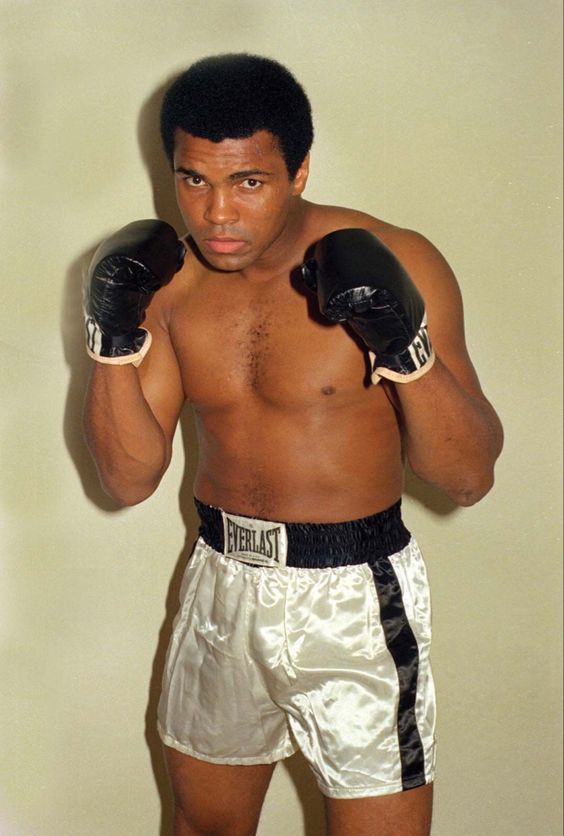
Regarded as one of the best and most charismatic heavyweight boxers of all time, Muhammad Ali was as much an activist as an athlete. His lightning-fast moves in the ring and infectious confidence gave hope and pride to African Americans. Outside the ropes, he voiced staunch opposition to the Vietnam War as a conscientious objector despite facing imprisonment.
His conversion to Islam and refusal to be jeopardized “On account of no doggone Viet Cong ever called me a ***” showed the courage of his deep-held principles. As much an entertainer as a fighter through his catchy rhymes, Ali’s cultural impact extended far beyond the sports world by inspiring racial pride and bringing attention to social justice issues during turbulent times.
- DOB: 17 January 1942
- Date of death: 3 June 2016
- Fields of work:
- Professional Boxer
- Social worker
14. Steve Jobs

Steve Jobs was the visionary co-founder, chairman and CEO of Apple Inc. who helped transform the tech industry and brought personal computing to millions worldwide with pioneering products like the Apple I, Apple II, Macintosh, iMac, iPod, iPhone and iPad. Born 1955 in San Francisco, Jobs dropped out of college but co-founded Apple with Steve Wozniak in 1976.
After being ousted from Apple in 1985, Jobs went on to found NeXT and help create Pixar before returning as CEO of Apple in 1997. Under his leadership, Apple launched the iTunes store, built app ecosystems, and changed how people engage with technology through elegant, intuitive interfaces.
- DOB: February 24, 1955
- Date of death: October 5, 2011
- Fields of work:
- Co-founded Apple Inc.
- Pixar
- Reinvented innovation in tech
- Smartphones, digital music
15. Elon Musk

A business magnate and engineer, Elon Musk is revolutionizing spaceflight, electric vehicles and sustainable energy as CEO of SpaceX, CEO and Chief Product Architect of Tesla Inc., and CEO and Chief Technologist of Neuralink. The South African-born entrepreneur co-founded PayPal and seeks to reduce global warming through sustainable energy solutions while making life multi-planetary by establishing human colonies on Mars.
With SpaceX, Musk leads the commercial space industry in pioneering orbital rocket boosters and spacecraft reusability. Under his leadership, both SpaceX and Tesla have transformed their respective industries.
- DOB: June 28, 1971
- Fields of work:
- CEO of SpaceX, Tesla, Neuralink
- Aerospace engineer
- Sustainability entrepreneur
who is the world’s Best Man
The “world’s best man” is a subjective concept, defined by qualities like compassion, integrity, and selflessness. Whether a historical figure like Nelson Mandela or a personal hero, the best man is someone who inspires others and makes a positive impact on the world through his actions and character.
Conclusion | Best Man in the World
This list has highlighted just 15 of history’s most influential men based on the groundbreaking work and lasting global impacts they achieved in diverse fields from science and technology to politics, civil rights, and healthcare. Their important contributions have moved society forward and improved life for countless individuals worldwide.
While new innovators will surely continue arising over time to solve humanity’s toughest challenges, the remarkable people mentioned here established new paradigms that transformed entire industries and advanced civilization through curiosity, perseverance, and dedicated humanitarian service. Their legacies serve as inspiration for all seeking to make a positive difference.


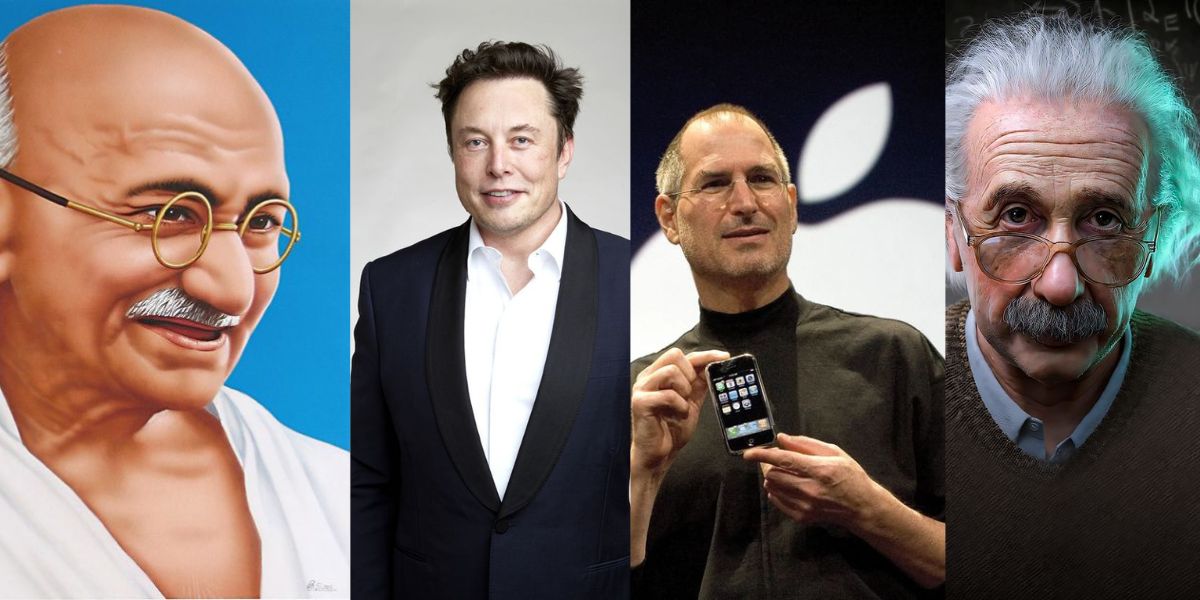









Add Comment